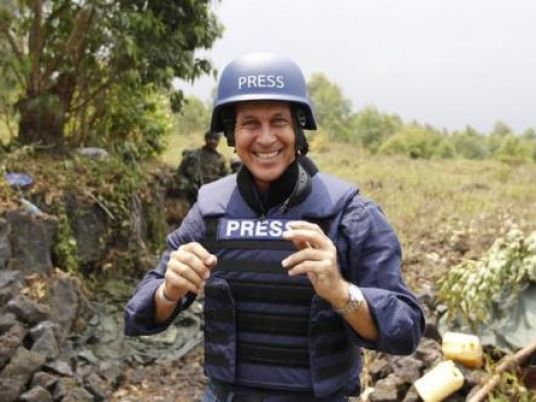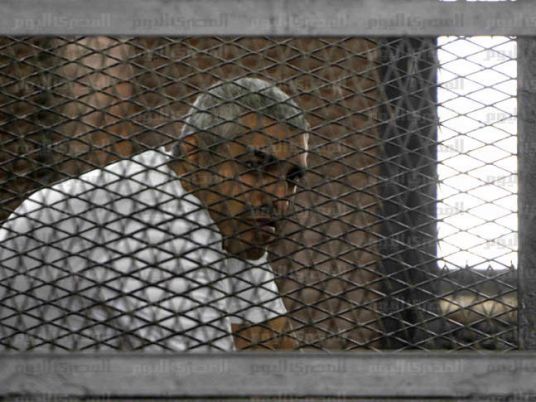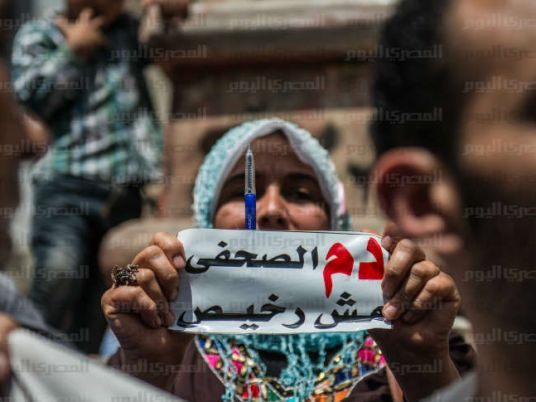
A decision by an Egyptian court to sentence three Al Jazeera TV journalists to three years in prison was politically motivated and aimed at intimidating the press, one of the three, Australian journalist Peter Greste, said on Saturday.
Greste, 49, was deported from Egypt in February and convicted in absentia by the Cairo court on Saturday for operating without a press license and broadcasting material harmful to Egypt. The case has drawn international condemnation.
His colleagues, Mohamed Fahmy, a naturalised Canadian who has given up his Egyptian citizenship, and Baher Mohamed, an Egyptian, were present at the sentencing and are back in jail.
Greste said the decision was a major blow for Egyptian democracy and no evidence was presented in court which would back it up.
"I am feeling quite sick. We suspected that they might have to give us convictions just to save face. But we thought the most likely sentence would be a suspended sentence," he told Reuters in an interview.
The three men were originally sentenced to between seven to 10 years in prison on charges including spreading lies to help a terrorist organisation, a reference to the Muslim Brotherhood which the military toppled from power two years ago.
Rights advocates say their arrest was part of a wider crackdown on free speech.
Greste described the work that led up to the three men's arrest in 2013 as "very mundane, routine journalism". He denied the court's finding that they had fabricated news or supported the now banned Muslim Brotherhood.
"It is outrageous," he said. "It is simply not true. We spoke to the Muslim Brotherhood, absolutely. But the Brotherhood at the time was not a banned organisation. It was banned after we went to prison."
The three men have always denied all charges against them.
"We never did any of the things that we are accused of," Greste said.
"The only conclusion that we can come to is that it is a politically motivated verdict. I think it is devastating for press freedom in Egypt. I have always believed that our arrest was intended to send a message to the press in Egypt."
Greste said Australian Foreign Minister Julie Bishop spoke to him on Saturday evening and told him she intended to pursue diplomatic means to get the sentences overturned. She repeated this in a statement in which she said the verdict was a "distressing outcome".
Greste said the implications of the sentence on his own career were unclear since many countries had extradition treaties with Egypt. But he also expressed concern for his Egyptian colleagues.
"We are going to pursue every legal, diplomatic and social means," Greste said.


